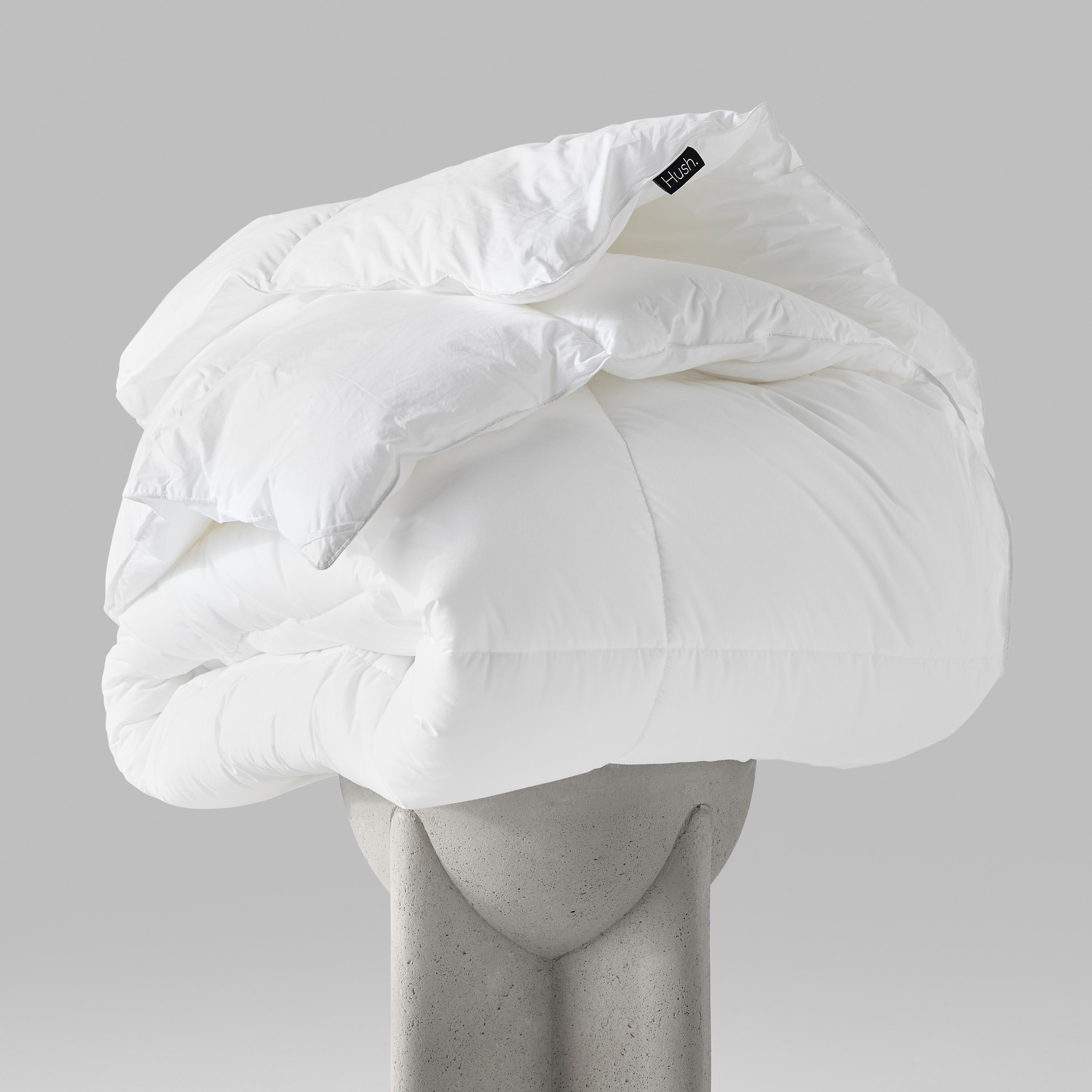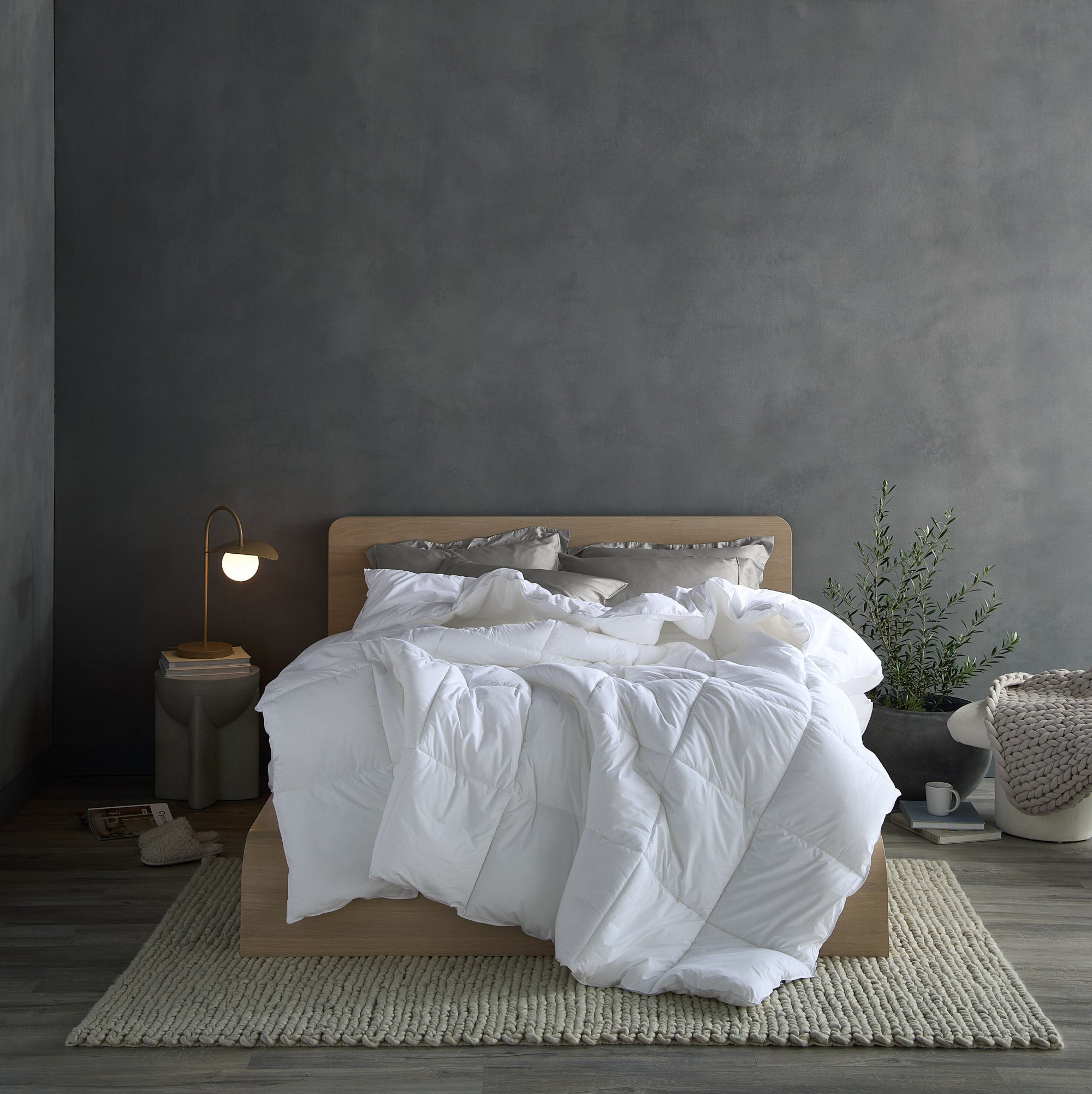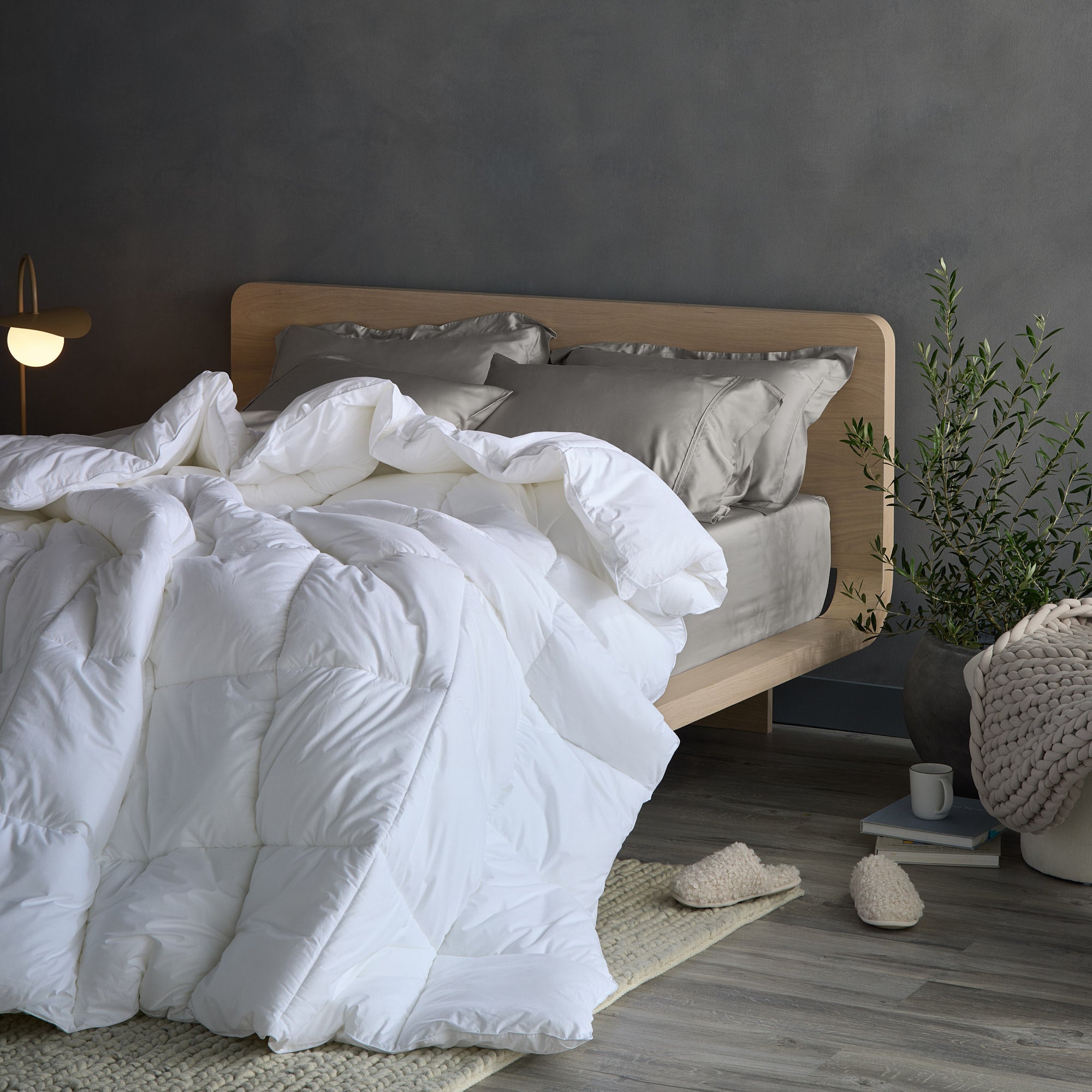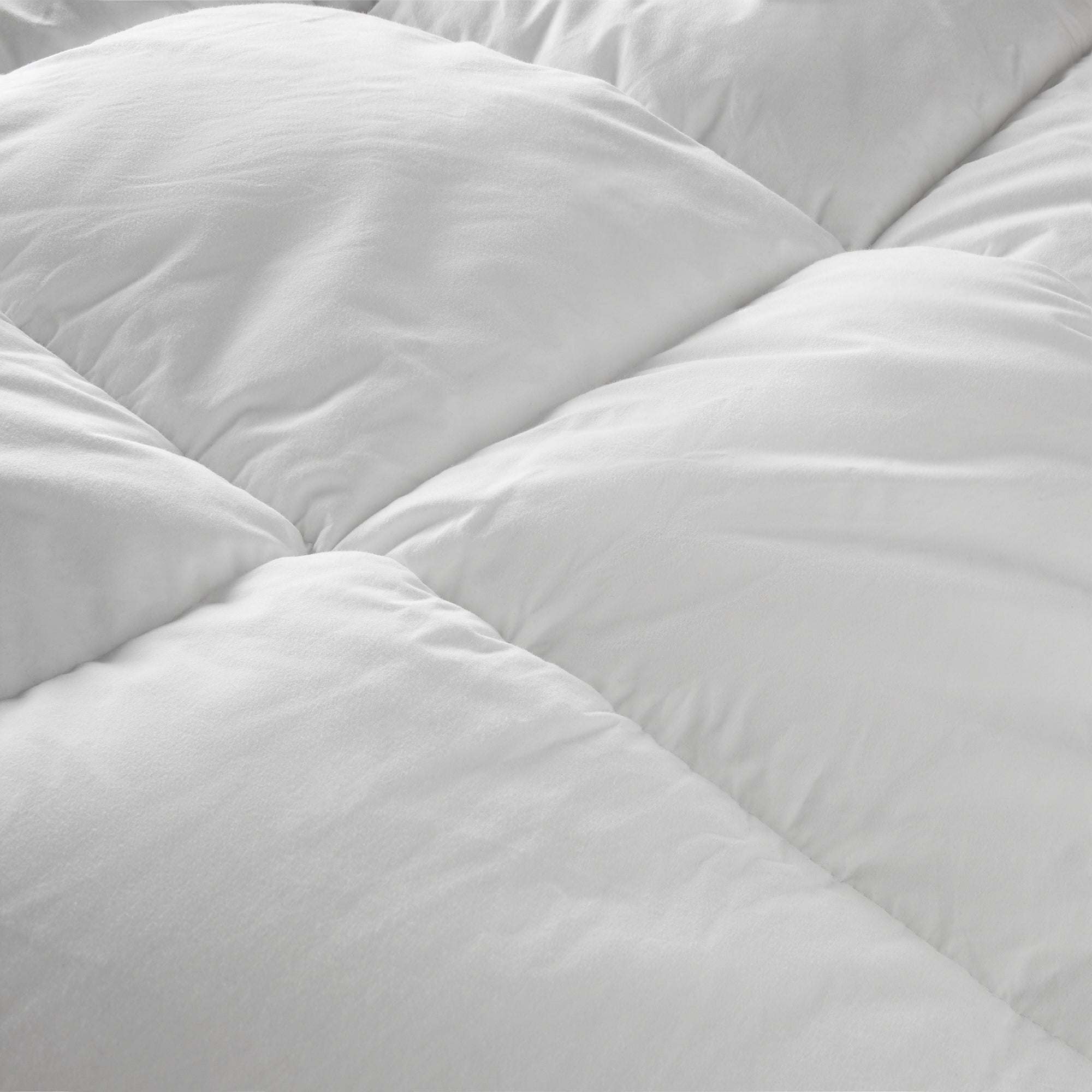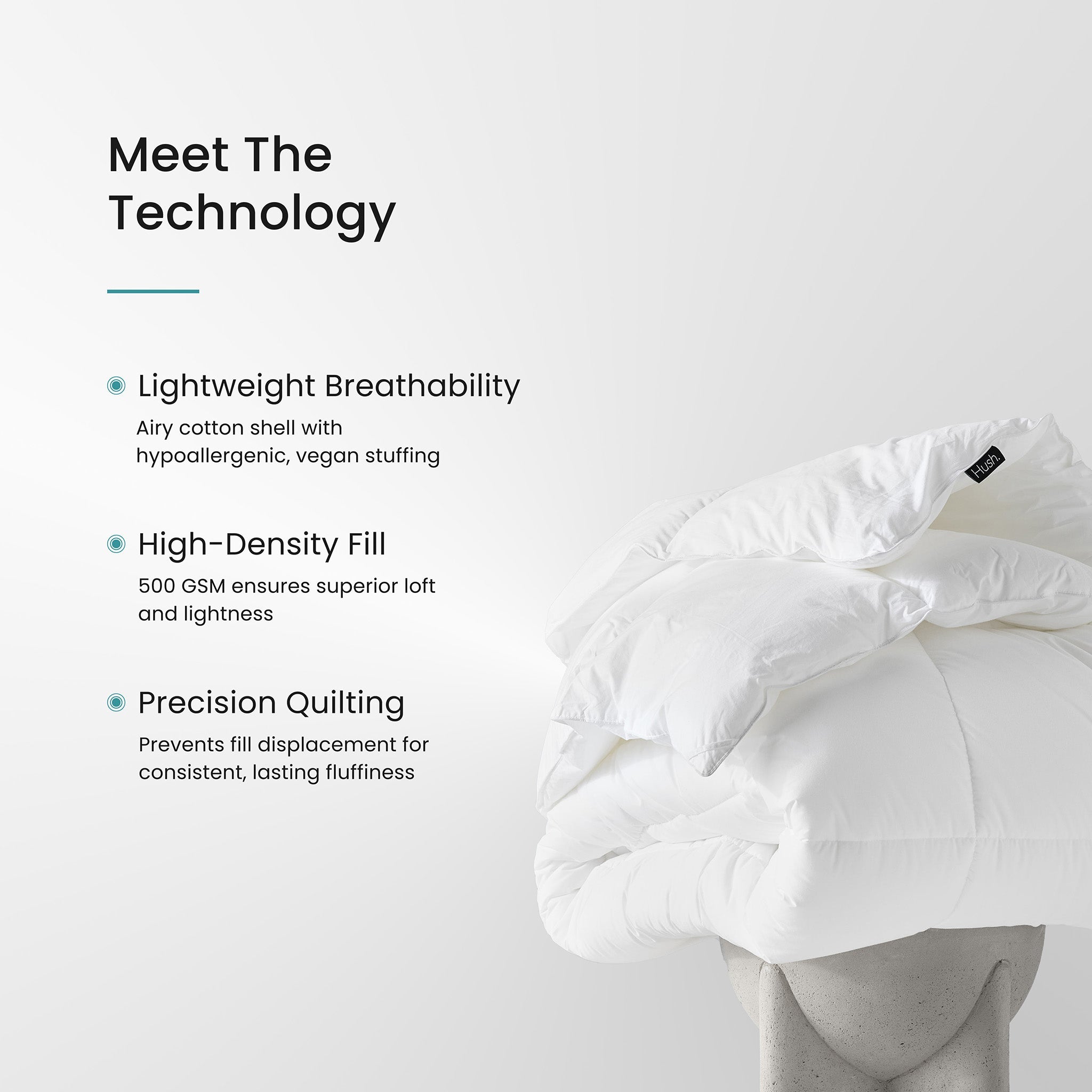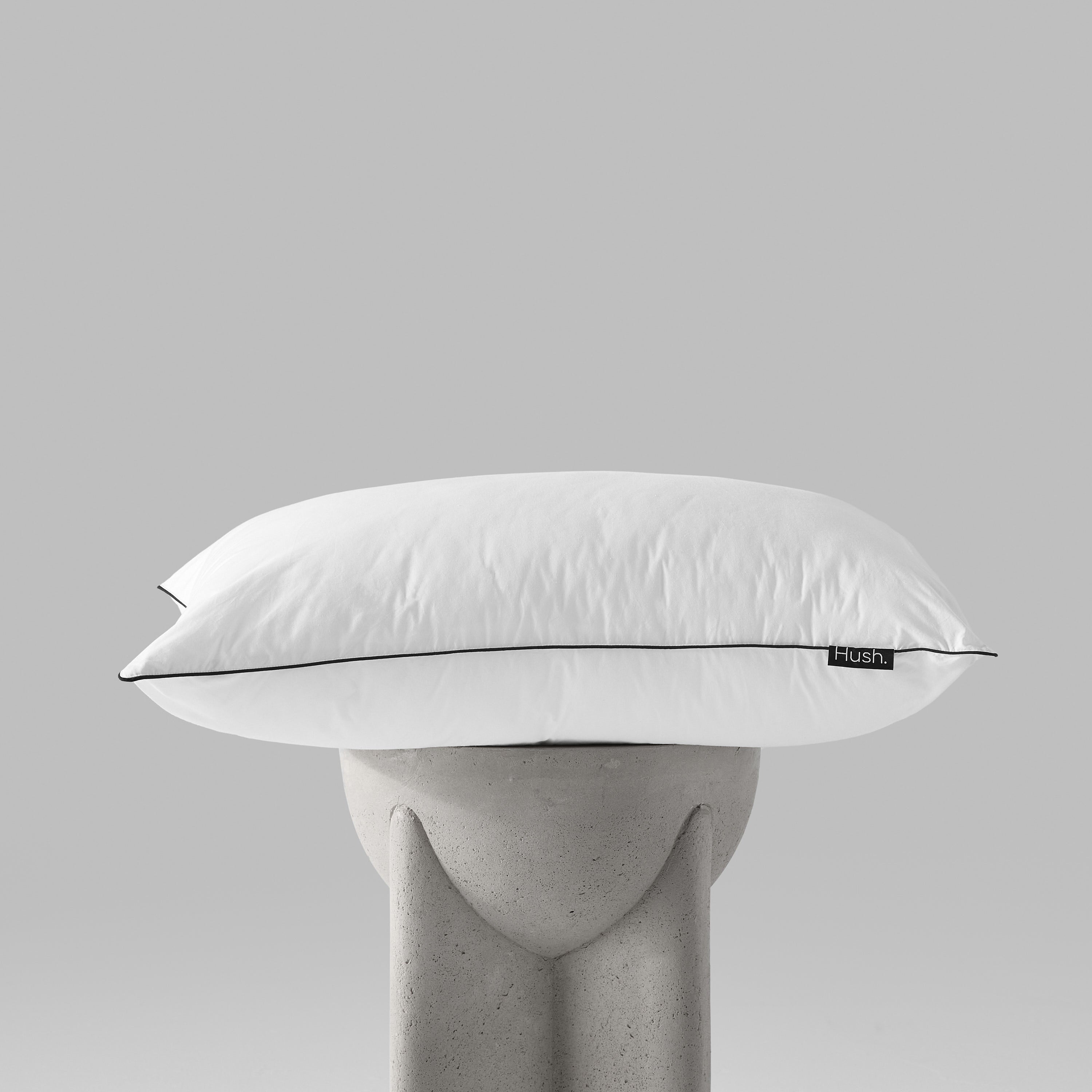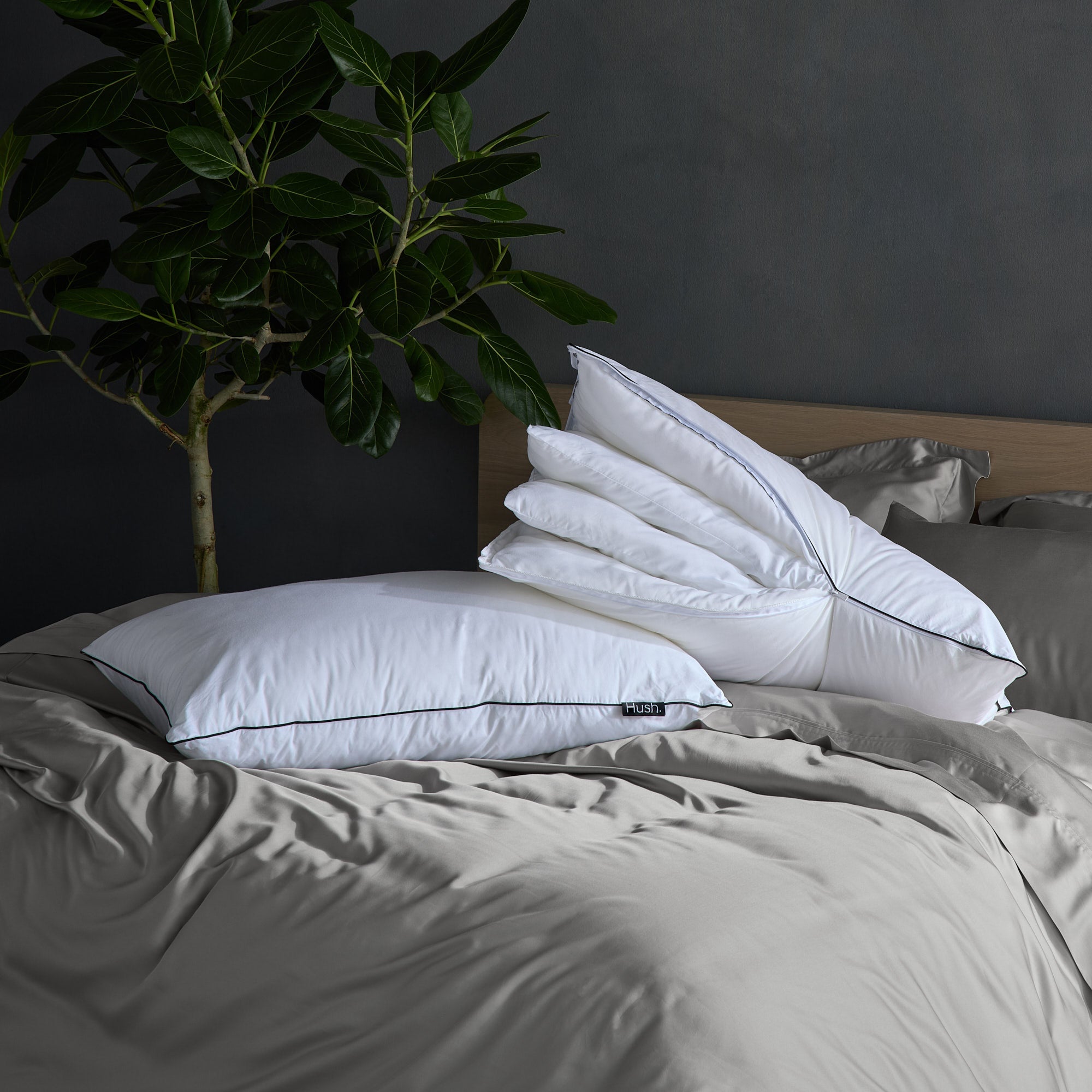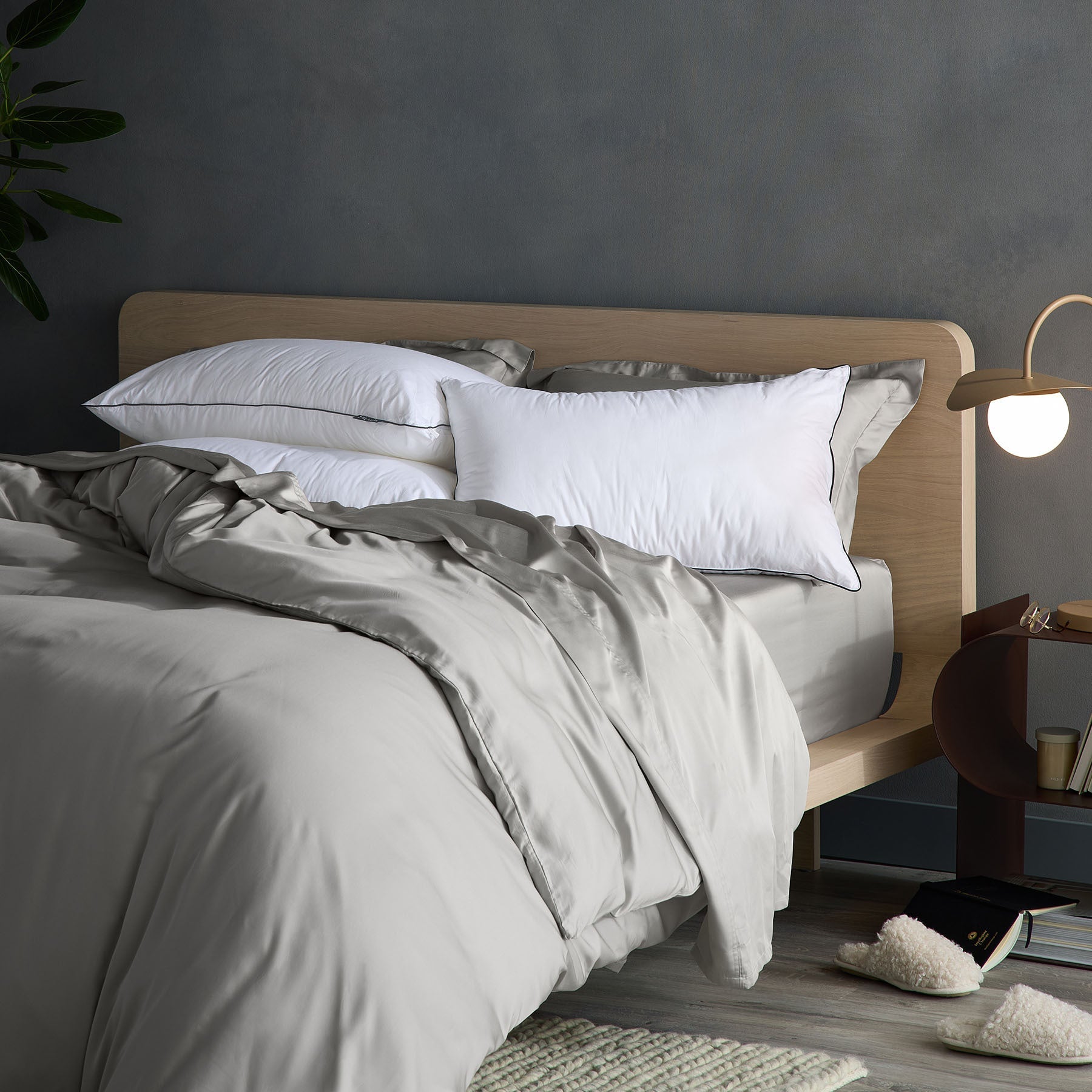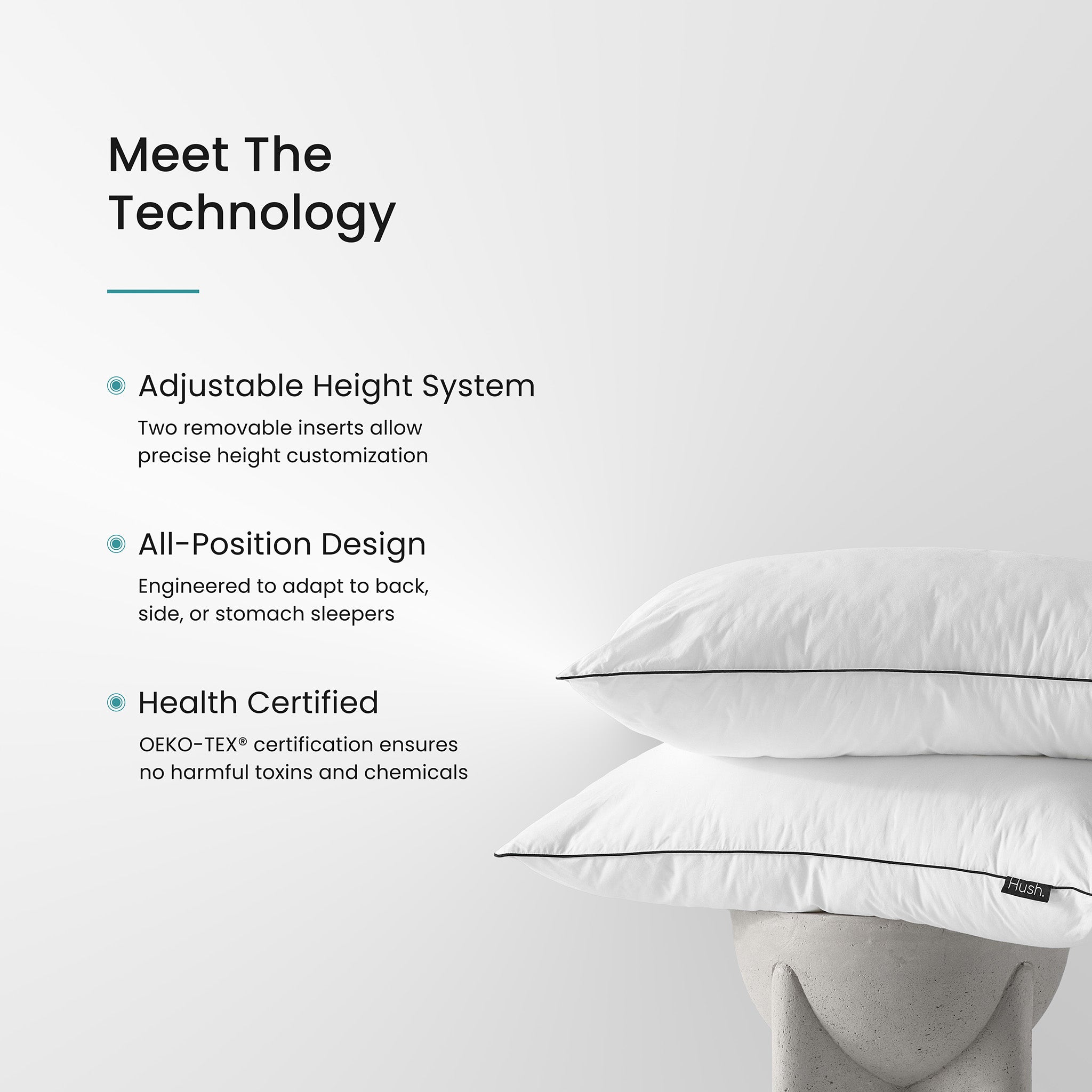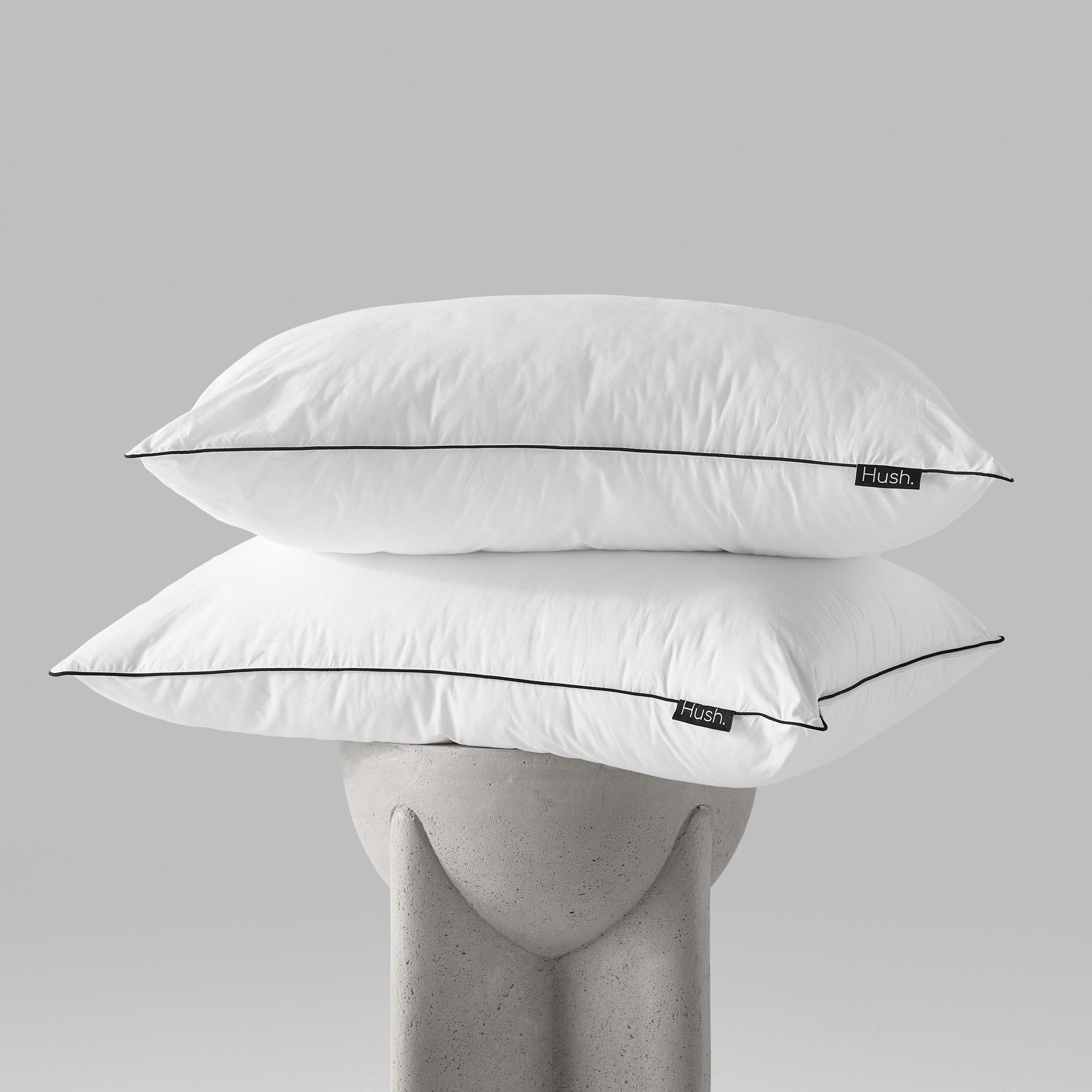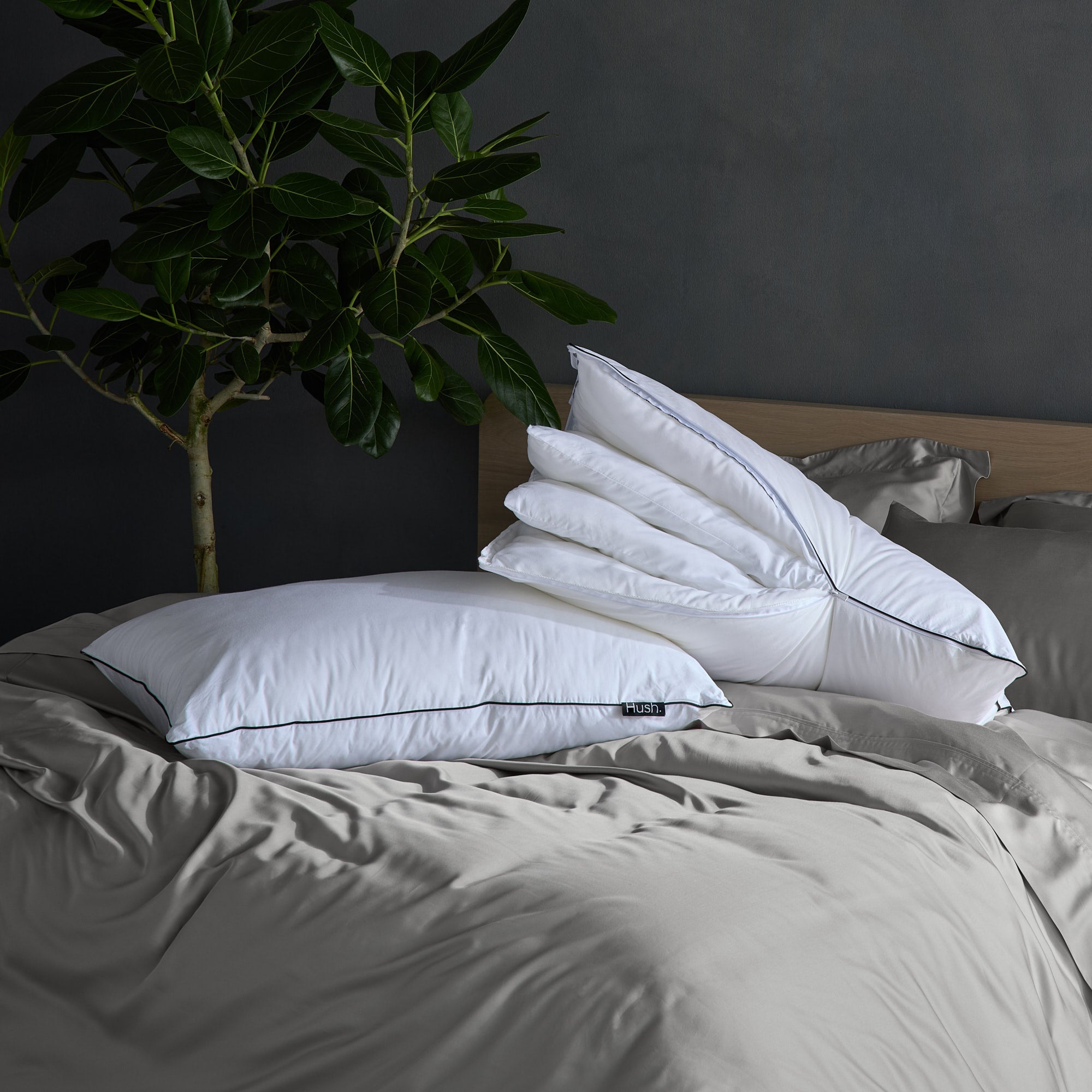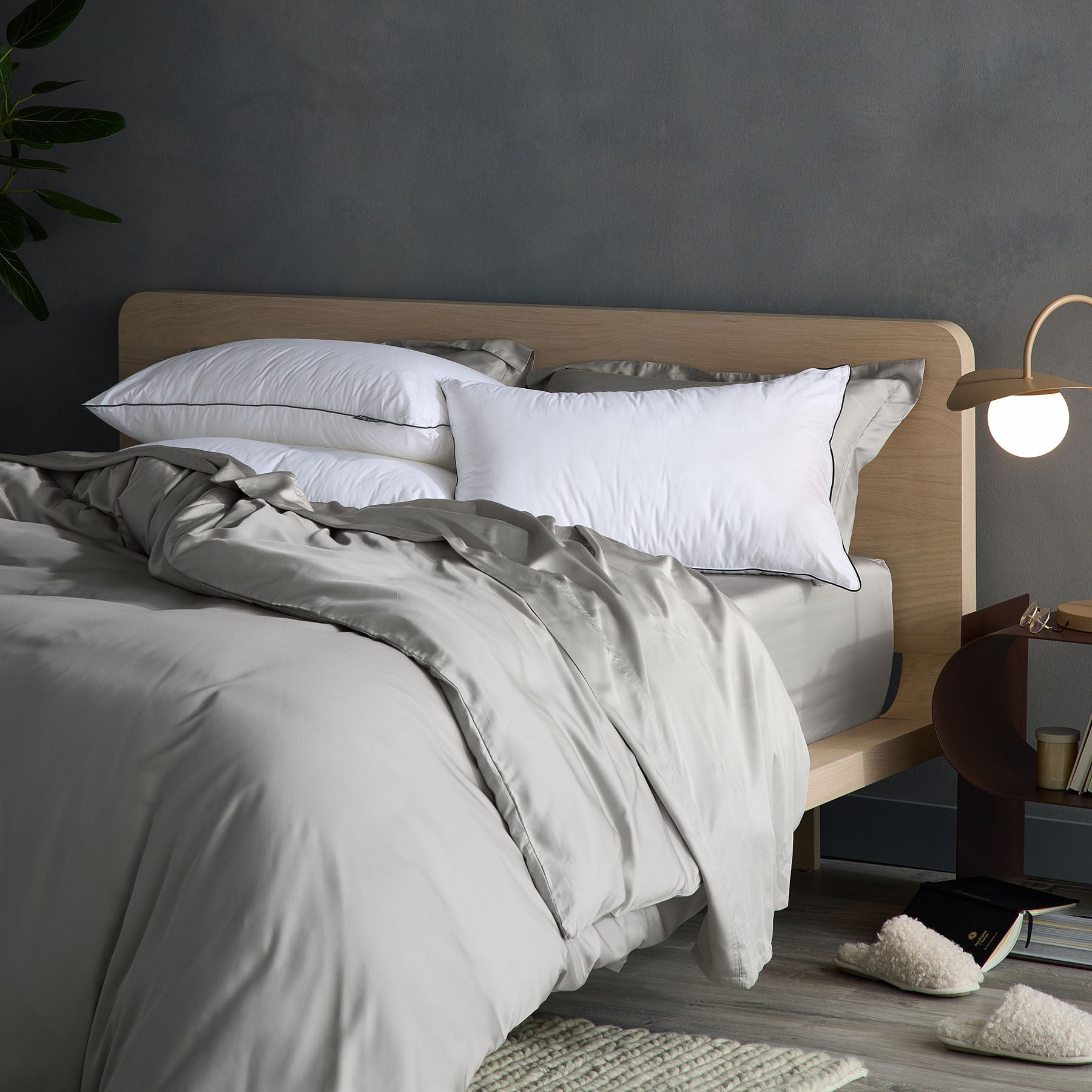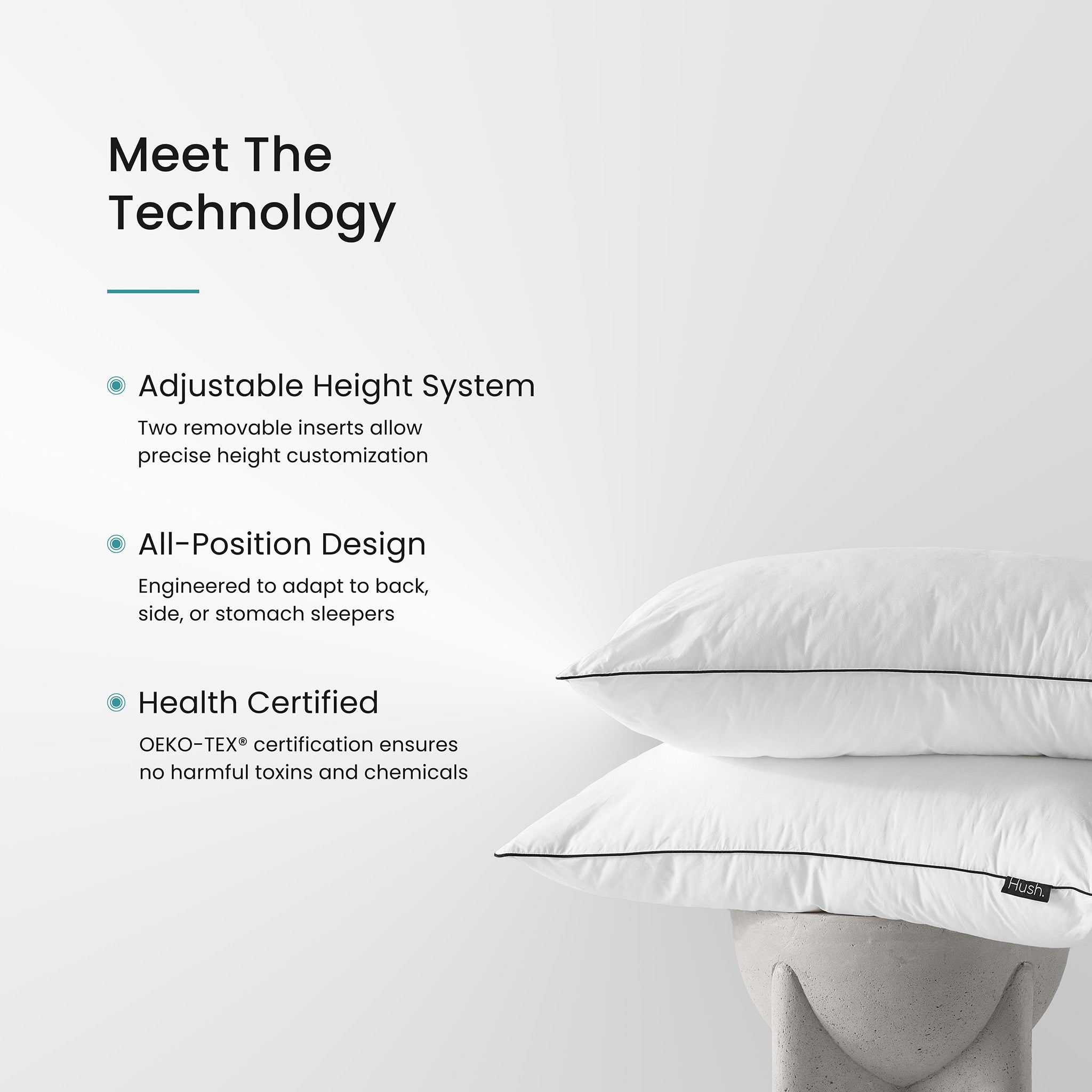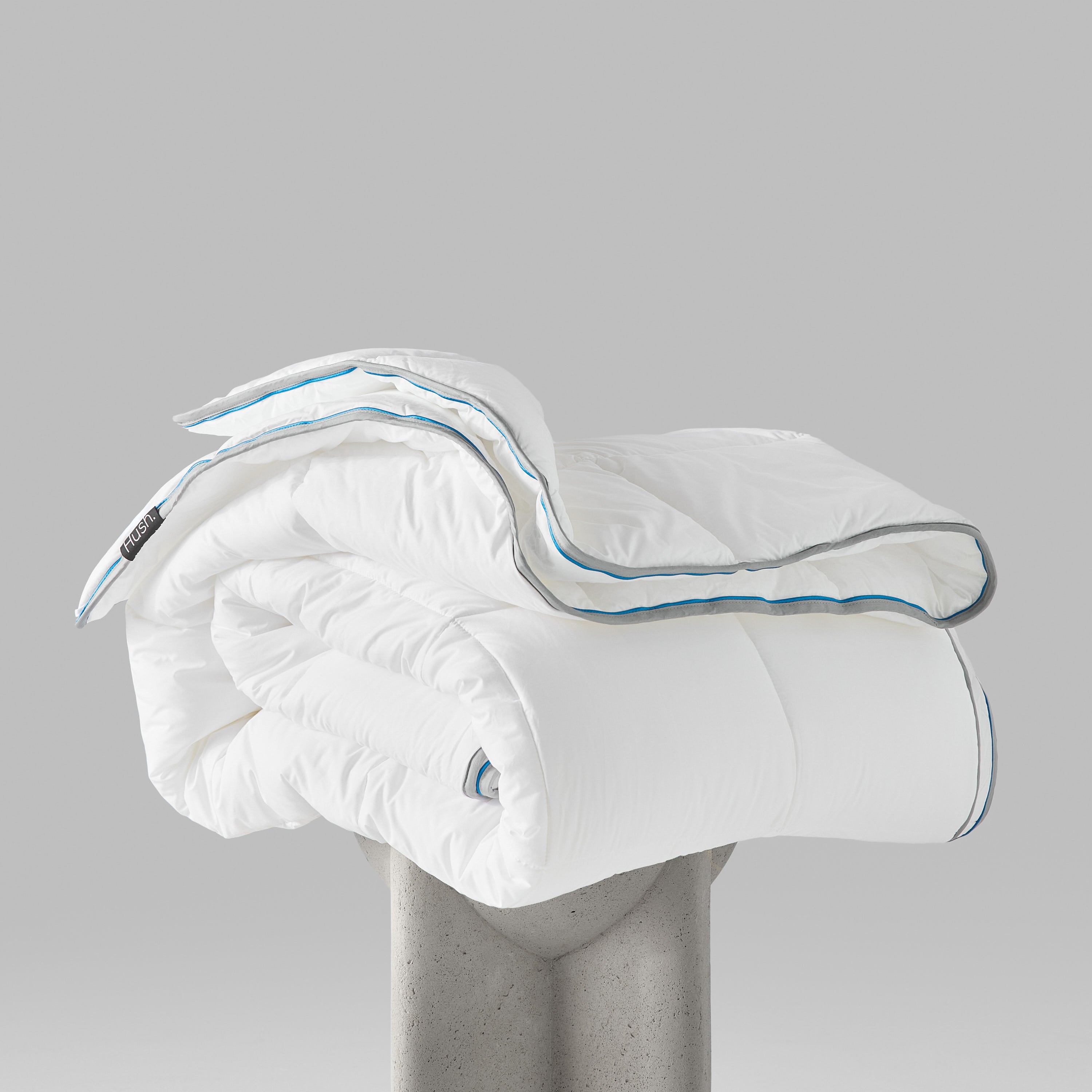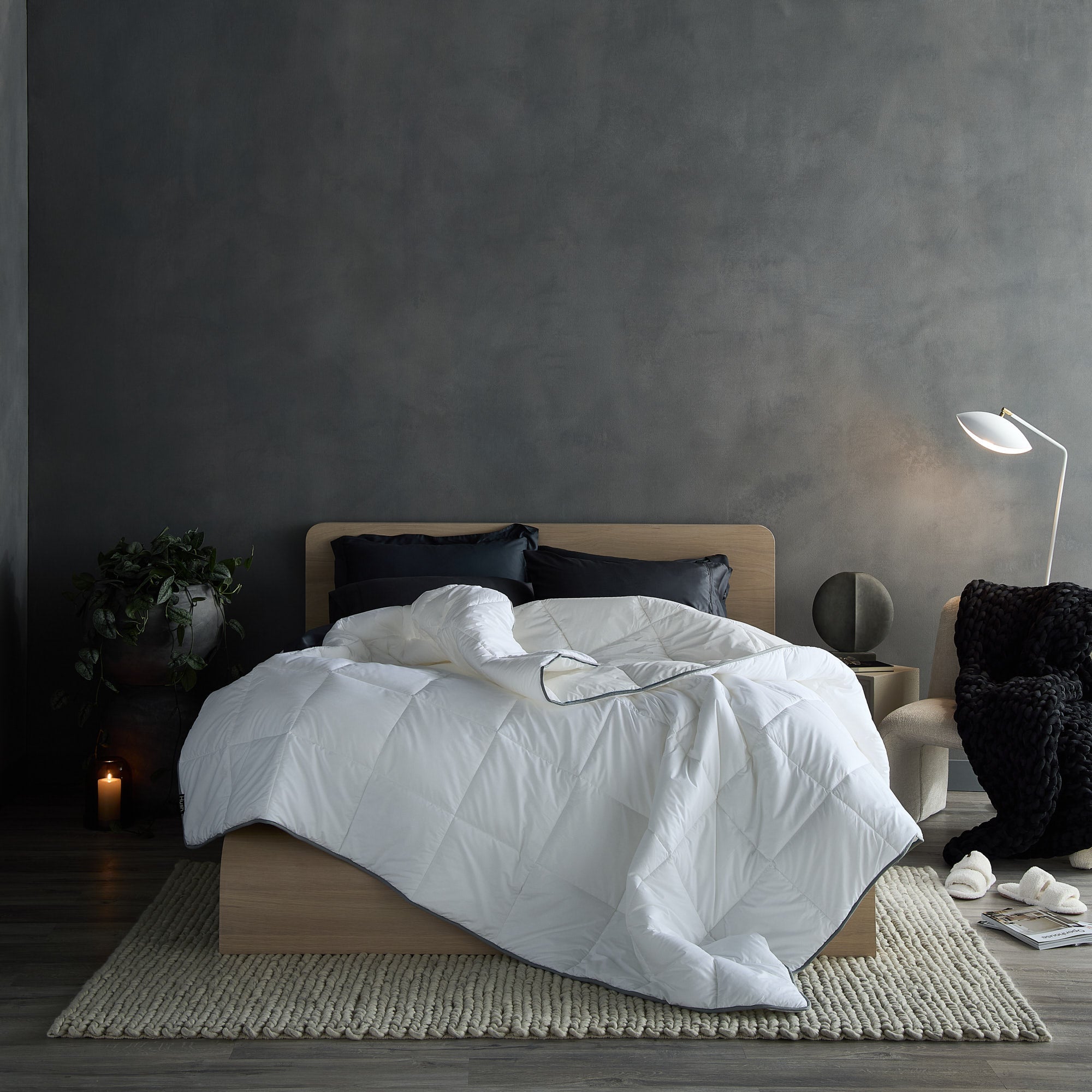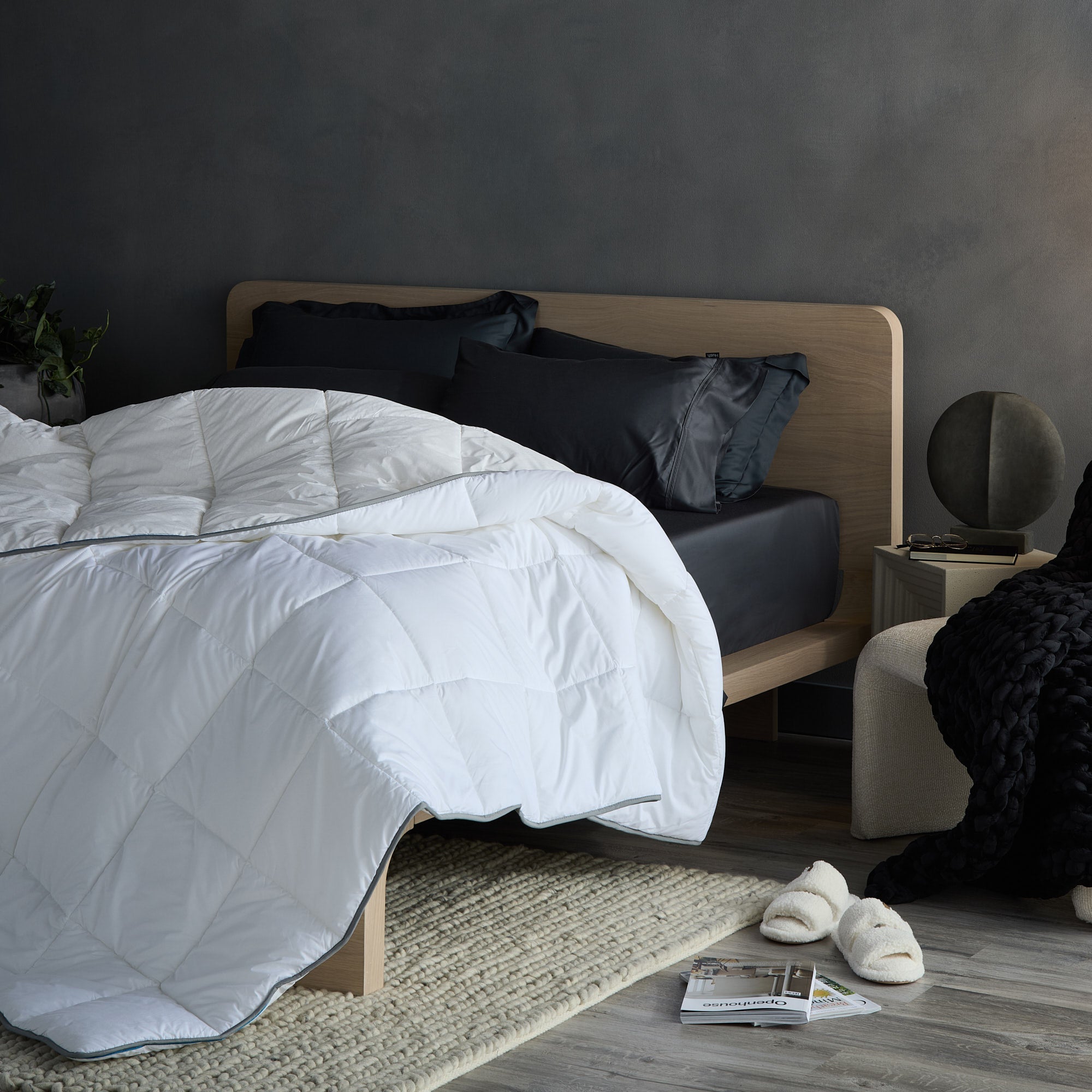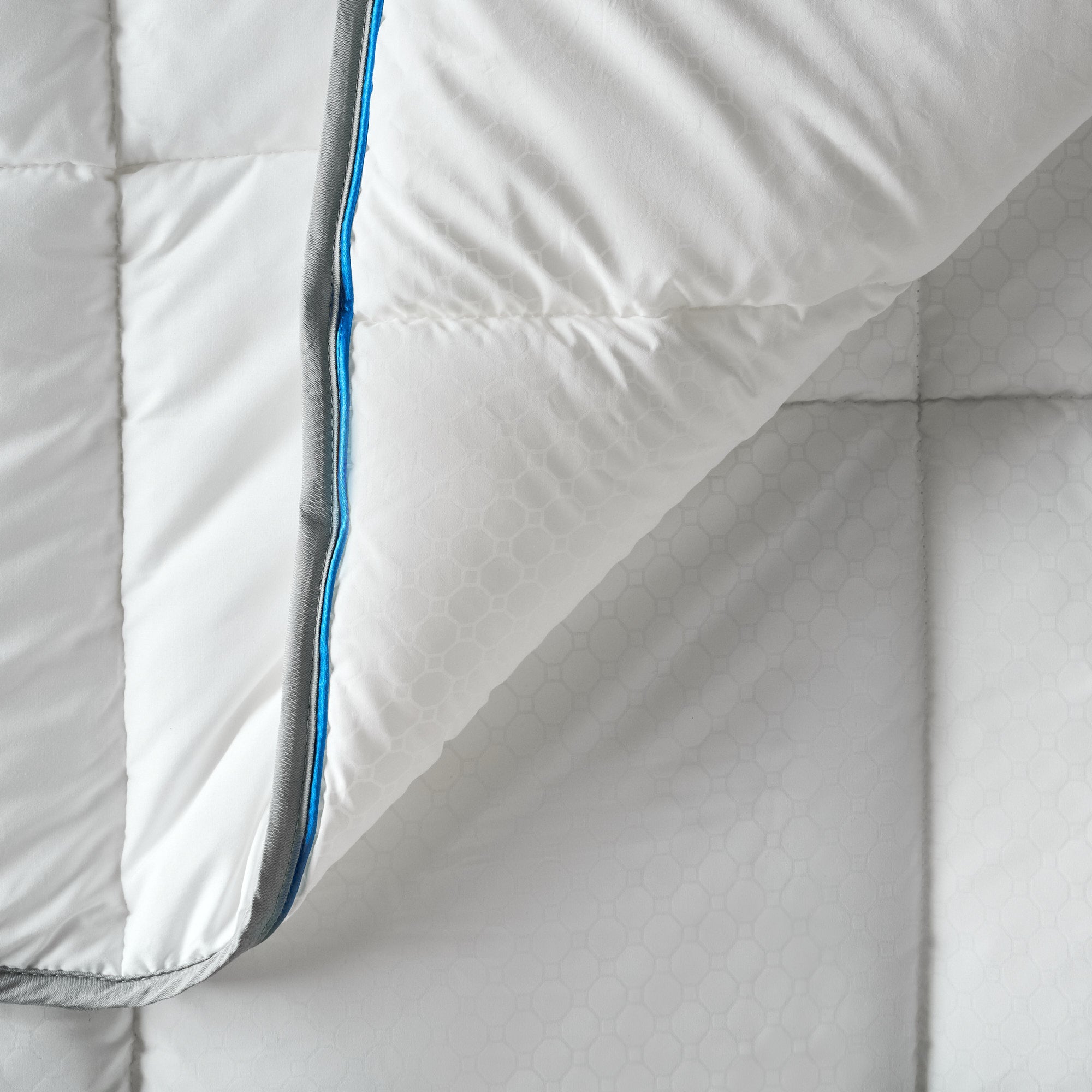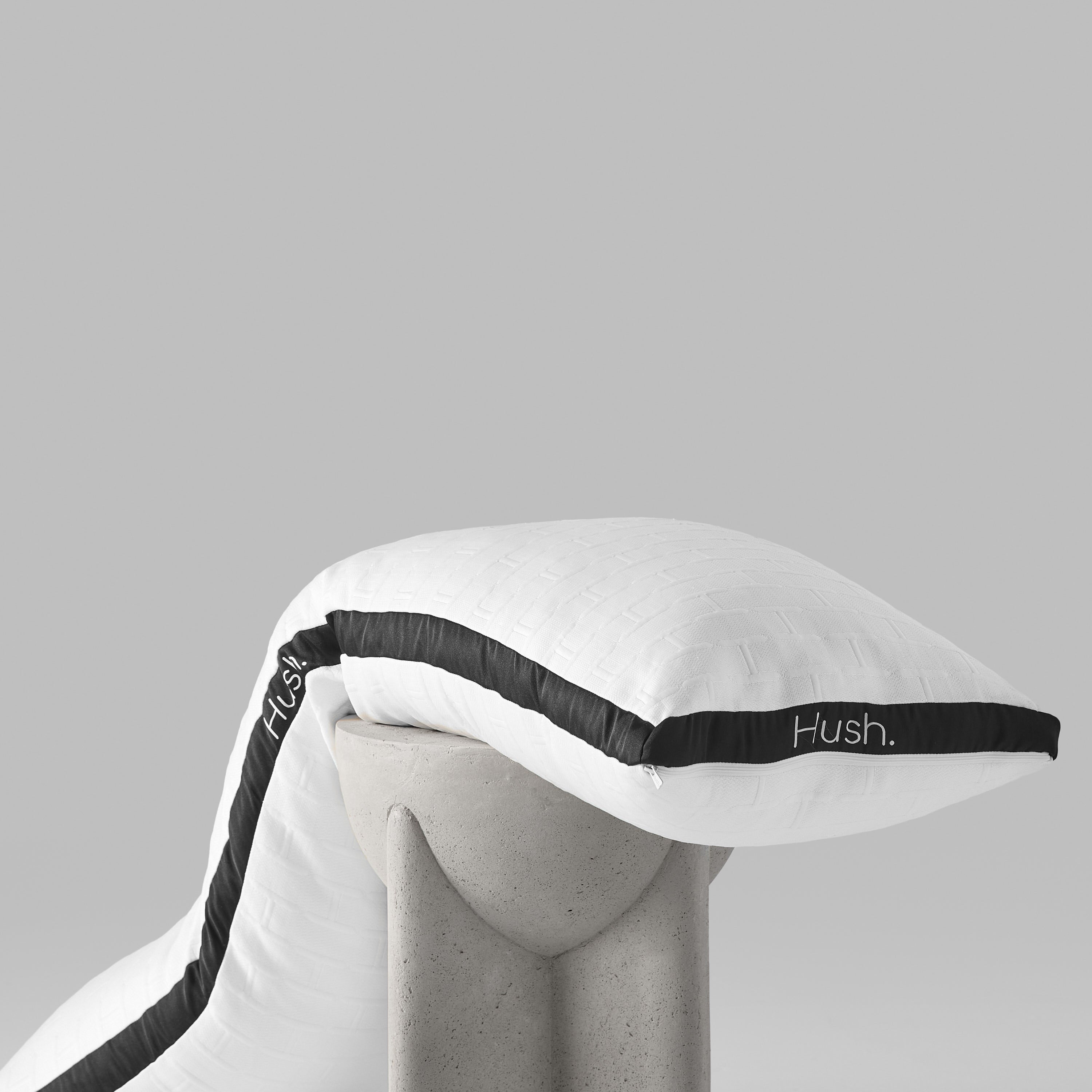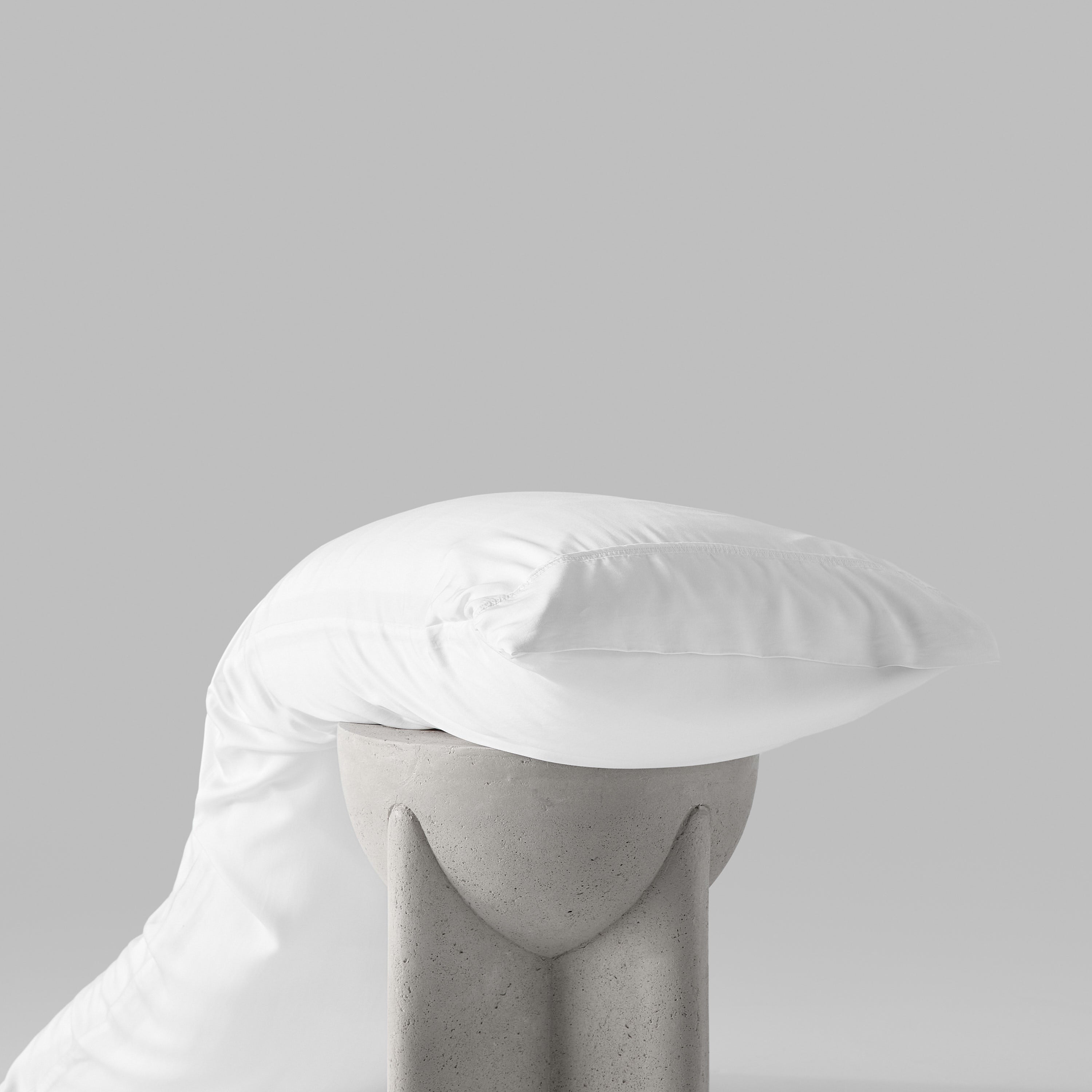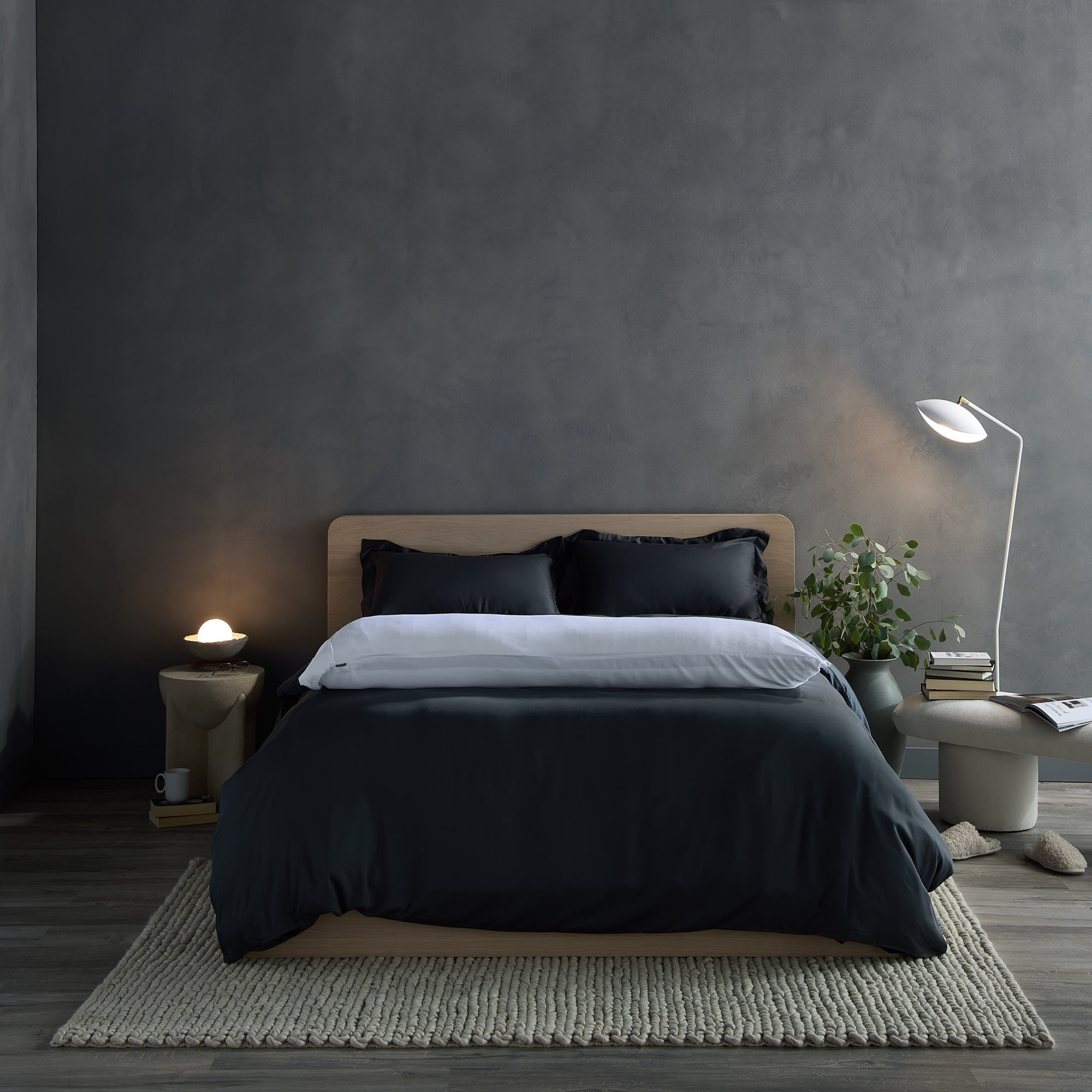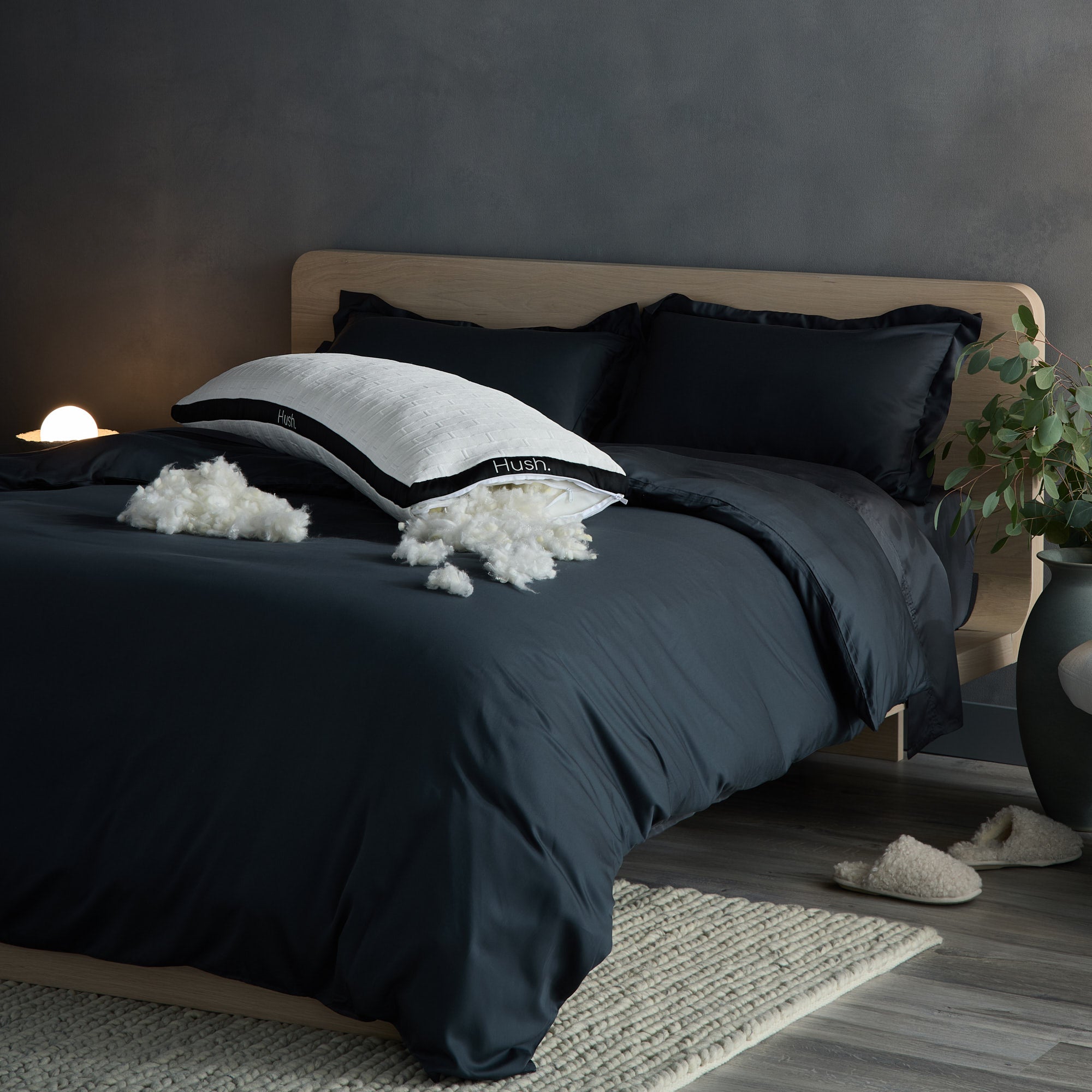
If you've ever spent hours lying awake instead of getting shuteye, you may envy people who seem to nod off within minutes. You may find yourself wondering, “Just how long does it take to fall asleep?” and if you will fall asleep before morning.
The worry is understandable — sleep deprivation can have far worse side effects than daytime sleepiness. By understanding why you struggle to fall asleep and improving your sleep hygiene, you can feel better rested and ready for each day.
How Long Does It Take to Fall Asleep?

First things first: How long should it take for you to fall asleep each night?
Most people take about 10 to 20 minutes to fall asleep in a period called sleep latency. This 10 to 20-minute period is usually needed for your body to relax and prepare to send you to dreamland.
While you might be jealous of your spouse's ability to fall asleep right when their head hits the pillow, this doesn’t mean they’re getting healthy sleep. They may conk out so quickly because they are overtired and have built up a sleep debt that their body is trying to catch up on.
Then, there are those of us who lie awake for an hour or more, unable to calm our minds or drift off to sleep. This happens to most of us every once in a while, whether we have work-related stress or consumed caffeine too close to bedtime. But if you have trouble falling asleep every night, you may have the “honor” of being an insomniac (don’t worry — we’ll help you leave this club). This sleep disorder disrupts your circadian rhythm and can cause you to lie awake in bed, night after night.
Regardless of why you’re unable to fall asleep quickly, prolonged sleep deprivation can cause serious problems for your well-being. Known side effects of sleep deprivation include an increased risk for high blood pressure and heart disease, a weakened immune system, and troubles with memory and concentration. Poor sleep can even increase your risk for unhealthy weight gain and type 2 diabetes.
What Keeps People Awake at Night?

A wide variety of issues can make it harder to fall asleep, resulting in a disrupted sleep cycle that lacks enough REM and deep sleep and leads to those unpleasant side effects we just talked about.
Whether you have jet lag after traveling, drink too much caffeine too close to bed, or you simply can't "turn off" your brain, you'll want to break these sleep habits as quickly as possible.
Poor sleep hygiene, like drinking alcohol or snacking on sugary foods within three hours before bedtime, disrupt your sleep schedule and make your insomnia even worse. It’s hard to catch up on that sleep during the day, too. Lengthy daytime naps could throw off your circadian rhythm and make it even harder to fall asleep later.
Insomniacs often suffer from anxiety and depression. These conditions make it harder to fall asleep and disrupt your sleep patterns, making it hard to get rejuvenating REM and deep sleep.
Sleep disorders such as sleep apnea can also lead to insomnia and disrupt your sleep. With a sleep disorder, you may fall asleep fast but still not feel rested in the morning. If this sounds like you, talk with a healthcare professional about what may be keeping you from sleeping soundly.
How To Improve Your Sleep Hygiene

Falling asleep in less than an hour may sound impossible. However, with some practice, you can create a soothing bedtime routine that will help you drift off at night more smoothly.
Here are some easy tips to prepare your mind and body for sleep:
Set a Schedule
If you hated practicing the piano as a kid, remember how your mom made you do it every day at 4 o'clock sharp? As much as you probably resented this, it helped your practice become a habit. A schedule can also help you to get a good night's sleep. When you get ready for bed and go to sleep at the same time each night, you’re telling your body when it’s time to rest. Eventually, your brain will learn your schedule and tell your body to start producing melatonin at that time each night, which helps you fall asleep faster.
Take a Warm Bath
Few things are more relaxing than a hot bath at the end of a long day and it could actually do more good than its simple intent of relaxing in your own private home spa. When your body cools down after your warm bubble bath, that tells your brain it's time to sleep. You'll be consciously and unconsciously relaxed and ready for sleep.
Put Away Your Phone
As handy as our smartphones are, they can keep us from the rejuvenating sleep we need. The blue light from your phone screen stimulates the brain instead of helping you relax. Consider putting your phone in another room when you start getting ready for bed. Or, if you can't resist one last scroll through your Instagram feed, wear blue-light-blocking glasses.
Hide the Clock
Just about every insomniac has lain awake in bed while checking the clock to see just how late it is. However, watching the minutes tick by can make you more stressed, as you feel pressured to get enough sleep. If the clock is also an alarm, turn it around or move it into a closet or another room at night.
Use a Weighted Blanket
A weighted blanket relieves insomnia through the use of deep touch pressure, which feels like a gentle hug. This relaxes the body and eases stress and anxiety so you can fall asleep faster. While weighted blankets are especially helpful for people with sleep disorders, they can help anyone get more restful sleep.
Lower the Thermostat
When adjusting the temperature in your room, think like Goldilocks. It shouldn’t be too hot or too cold — it needs to be just right. Sleep experts recommend keeping your room between 15.6 to 19.4 degrees Celsius (60 to 67 degrees Fahrenheit) because cooler temperatures make it easier to fall asleep. Of course, if 15 degrees feels like the inside of an icebox, you can turn up the thermostat until you’re more comfortable.
Read or Write Before Bed
Instead of binge-watching your new favorite Netflix show, go tech-free by reading or writing before going to bed. Reading a paper book is believed to help you sleep longer, while journaling can focus your thoughts and relieve anxiety. Both methods avoid screens and calm your mind before you sleep.
Wear a Sleep Mask
Your brain uses light and darkness to send sleep and wakefulness cues. This means light from a hallway or bathroom can make it harder to fall asleep. Wearing a sleep mask will block light sources, so your brain doesn’t think it’s time to wake up. With an adjustable strap, eye cups that don’t put pressure on your eyes, and comfortable materials, Hush offers a blackout eye mask that can help you fall into a deep, peaceful slumber.
A Good Night's Sleep Is Within Reach

The amount of time you spend asleep each night matters. By establishing healthy habits that help you fall asleep faster, you will get plenty of rest each night (including that much-needed deep sleep).
Instead of lying awake wondering, "How long does it take to fall asleep?" you'll wake up refreshed and energized, ready for whatever the day has in store. Who knows? You might sleep so well that you'll be able to give up napping or drinking your morning cup of coffee.
Weighted blankets from Hush Blankets can fit into any sleep routine and can help you fall asleep faster. That’s because deep touch therapy reduces stress and helps your body and mind relax. These super soft weighted blankets are backed by our 100-night guarantee.

